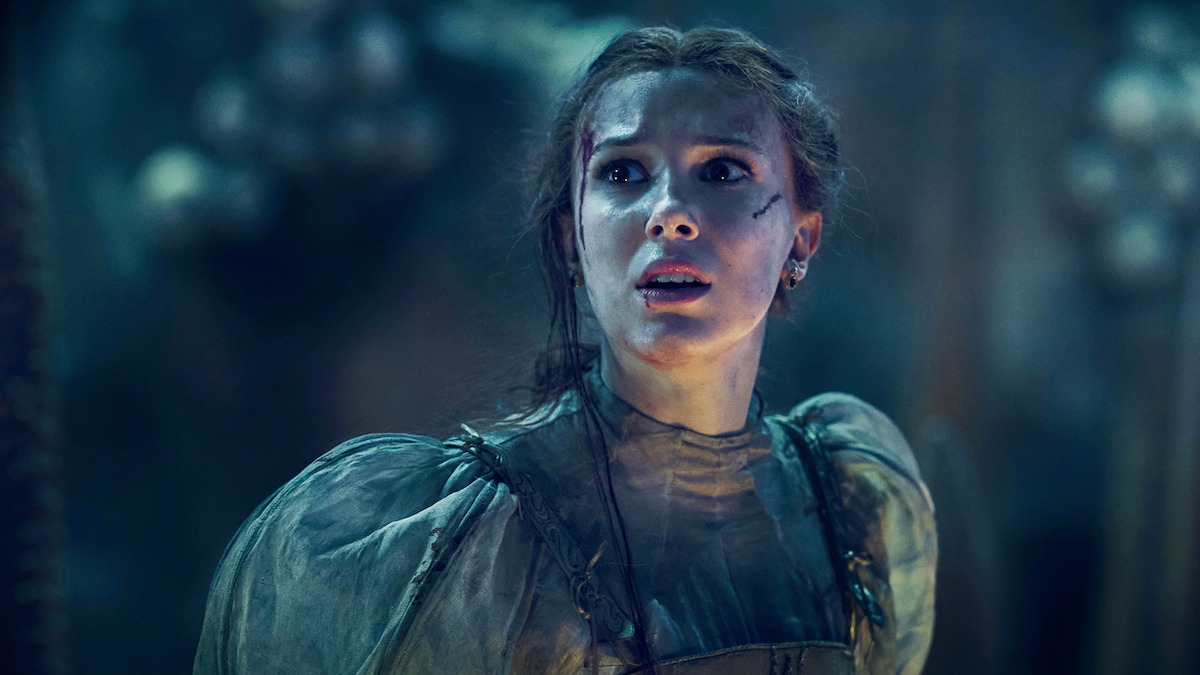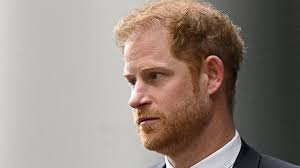Netflix’s latest offering, Damsel, featuring Millie Bobby Brown, attempts to capitalize on the trend of teen girl empowerment narratives but falls short of expectations. The film follows Brown as Elodie, a headstrong young woman forced into marriage to save her fiefdom from ruin, only to find herself facing a vengeful dragon.
While Damsel tries to subvert traditional fairy tale tropes by portraying its princess as capable of kicking butt, the concept feels stale and overdone in today’s post-Shrek world. Despite the film’s attempts to pay homage to the genre’s history, including casting Robin Wright from The Princess Bride, it fails to bring anything new to the table.
The film’s costume design, reminiscent of Dungeons & Dragons aesthetics, initially promises an intriguing fantasy tale. However, once Elodie is thrown into the cave, the narrative takes a jarring turn. Director Juan Carlos Fresnadillo’s influence, known for his work in horror, adds an unsettling tone to the film without delivering any genuine scares.
Brown’s performance, while commendable, is overshadowed by a lackluster script filled with clichéd girlboss slogans and forced attempts at feminism. The repeated montages of Elodie shedding her regal attire for a more practical look feel contrived, and the narrative justification for her drastic haircut falls flat.
In the end, Damsel feels like a missed opportunity for Brown, who has proven her talent in projects like Stranger Things and Enola Holmes. While the film attempts to deliver a message of empowerment, it ultimately falls short of leaving a lasting impact.
Directed by Juan Carlos Fresnadillo and featuring a talented cast including Ray Winstone, Nick Robinson, Shohreh Aghdashloo, Angela Bassett, and Robin Wright, Damsel is streaming on Netflix.




